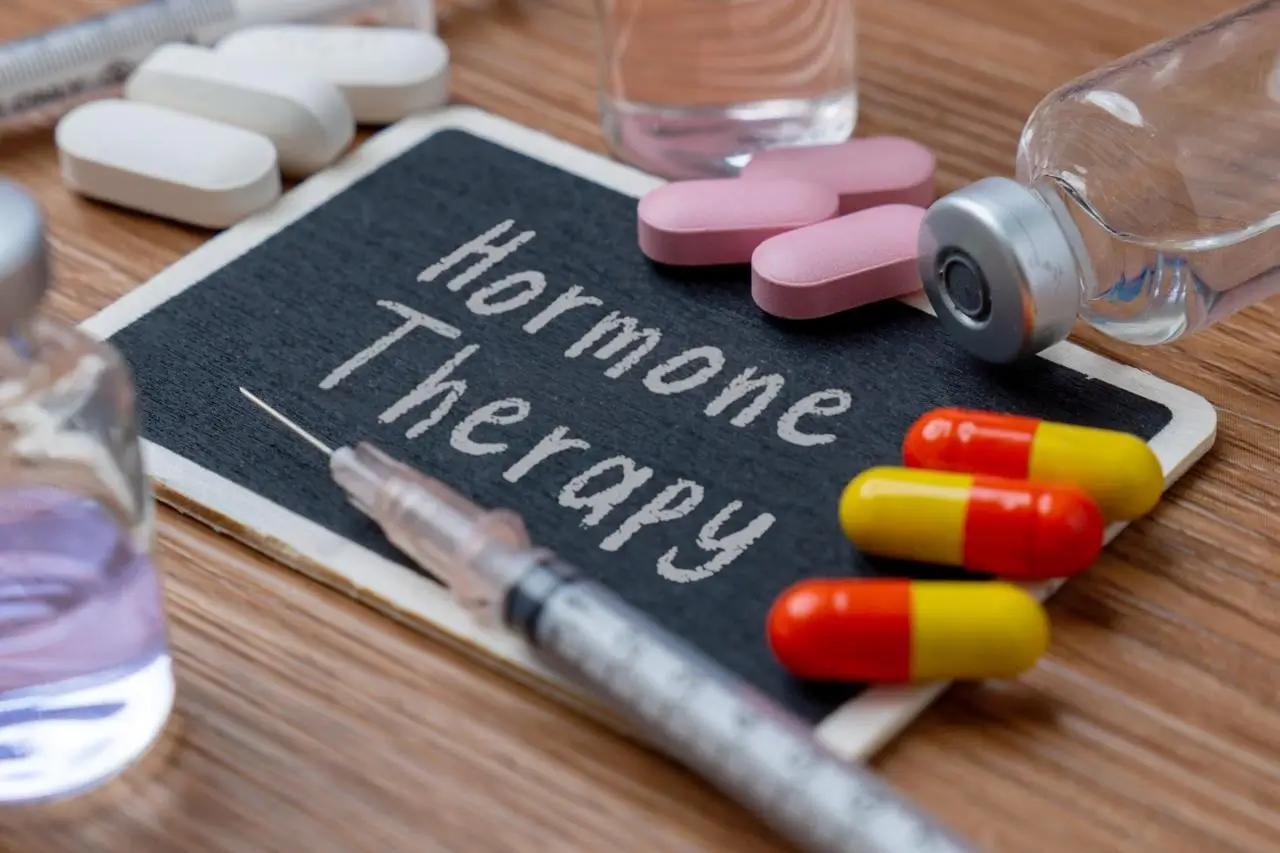

You might have heard whispers: “Menopause means you can no longer have children.” It’s a belief many accept without question. But is it entirely true? For many women, the dream of motherhood doesn’t simply vanish after their last period — it becomes more complex, nuanced, and medically challenged.
In this article, we’ll gently walk you through what menopause truly means for fertility, what medical science says, and what real options exist for women who still hope for pregnancy. Whether you’re curious, hopeful, or cautious, this is your guide. No judgment, just clarity.
Menopause is clinically defined as 12 consecutive months without a menstrual period, marking the end of ovulation.
In India, menopause tends to occur earlier (on average around the mid-40s) compared to Western populations.
But the journey toward menopause — called perimenopause — often begins years earlier, with hormonal shifts, irregular cycles, and varying fertility.
Yes, in some women, premature or early menopause can occur — before age 40 — due to genetic, autoimmune, reproductive, or environmental factors.
These women may enter menopause before 35 in rare cases, though it’s uncommon.
Because menopause is a process, not a sudden switch, fertility declines gradually and many women still ovulate occasionally during perimenopause.
Once in postmenopause (i.e., after 12 months without a period), your ovaries no longer regularly release eggs. Ovulation essentially ceases.
This means natural pregnancy is biologically nearly impossible.
Some case studies report rare instances of postmenopausal women with vaginal bleeding later confirmed as pregnancy, but these are extremely exceptional.
In perimenopause, fertility is erratic. Some months may permit ovulation, others not.
That means pregnancy can happen in this transition phase — though chances are much lower than earlier years.
Important: Until menopause is fully confirmed (12 months without period), contraception is still advisable if pregnancy is not desired.
Given natural fertility is nearly shut down after menopause, many women turn to medical interventions:
The most established path: using donor eggs (from a younger woman) + IVF — implanting the embryo into your uterus after hormonal preparation. Your uterus must be receptive (prepared via hormone therapy) to support embryo growth.
To make implantation possible, doctors use estrogen and progesterone regimens to mimic a reproductive environment in the uterus.
These medications help “wake up” the uterine lining, ensure blood flow, reduce rejection, and support early pregnancy.
There are documented pregnancies in postmenopausal women via IVF, albeit rare and high risk.
But these pregnancies often come with more complications than those in younger women.
Becoming pregnant after menopause isn’t without serious considerations:
Higher risk of miscarriage, hypertensive disorders, gestational diabetes, preterm birth, low birth weight babies.
Uterine, cardiovascular, metabolic stress — bodies at older ages have less resilience.
Ethical, legal, and emotional questions — many clinics evaluate patient health, support systems, and well-being before proceeding.
If pregnancy post-menopause is something you’re exploring, here are considered steps:
Get thorough evaluation: hormonal panels, ovarian reserve tests, uterine health scans, general health assessment.
See a fertility specialist experienced in advanced-age or postmenopause ART.
Consider donor-egg IVF only with full counselling and awareness of risks and success rates.
Prepare your body — optimize nutrition, bone health, cardiovascular health, stress, lifestyle.
Have emotional & support care in place — this is intense physically and mentally.
An alternative path: embracing motherhood through adoption, fostering, or mentoring roles — many women fill that space beautifully.
At Miror, we believe in keeping doors open, not closing them with myths. That’s why we’re excited to share that our upcoming HRT Centre of Excellence will also include fertility & reproductive counselling for women navigating menopause and beyond. It’s part of our mission to provide safe, holistic, and evidence-based support under one roof.
You don’t have to accept “you can never conceive” without exploring all options; under care, education, and empowerment.
It’s not entirely impossible, just biologically unlikely without medical help. After menopause, the ovaries stop releasing eggs, which makes natural conception nearly impossible. But with science on your side through IVF and donor eggs — your uterus can still carry a healthy pregnancy. Medicine can do what biology sometimes pauses.
Yes. In India, we see increasing cases of early or premature menopause. Even in women as young as 35. This can happen due to genetics, stress, lifestyle, thyroid or autoimmune issues, and nutritional deficiencies. Early menopause doesn’t mean motherhood is out of reach — but it means fertility preservation (like egg freezing) and timely medical advice become crucial.
Once you’ve gone 12 consecutive months without a period, ovulation almost always stops. However, in perimenopause the transition before full menopause; occasional ovulation may still occur. If you’re unsure, your doctor can test your FSH, LH, and AMH levels to check your ovarian reserve.
The most successful route is IVF using donor eggs, where the embryo is implanted into your uterus after hormone therapy. This allows your body to nurture a pregnancy even if your eggs are no longer viable. However, pregnancy after menopause carries higher risks like gestational diabetes, high blood pressure, and preterm labour — which is why a specialist-led, medically supervised journey is key.
Then your goal isn’t fertility — it’s hormonal harmony. Many women now turn to HRT (Hormone Replacement Therapy) to restore vitality, skin glow, bone strength, and emotional stability. In India, awareness about HRT is still new — but growing rapidly.
That’s why Miror is pioneering the HRT Centre of Excellence, the first of its kind in India, dedicated to helping women rediscover balance and energy post-menopause. Safely, holistically, and confidently.



 ×
×

